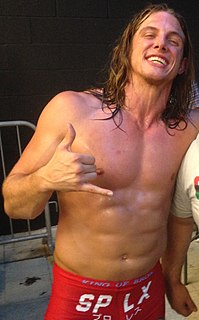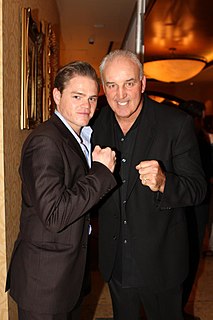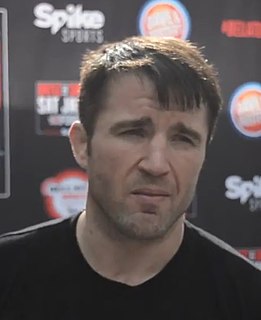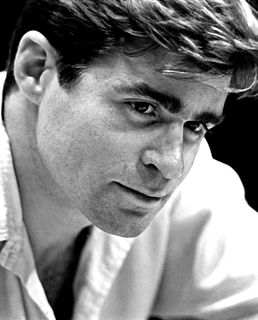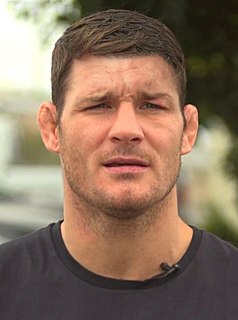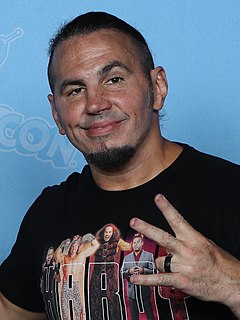A Quote by Matt Riddle
I love fighting, but I don't miss waiting months upon months just to fight once in front of people and then have to wait months again to fight once in front of people.
Related Quotes
Nobody breaks in a fight and comes back in the same fight. Once you break, you're done for the night. You've gotta go back. You've gotta shower up. You've gotta fly home. You've got to reassess, take three or four months, and try it again. But that Anderson Silva breaks in that fight, and still finds a way to win, is remarkable.
As a book editor, you need to pitch every one of your books again and again, dozens of times, for months on end. From a quick conversation with your boss or a letter that'll be read by just one person, to a five-minute speech in front of 50 colleagues or cover copy that'll be in front of millions of eyes.
Today the patent office is obsolete. You just take whatever you do, tool up, and start production for six months. At the end of the six months you put the data on all the computer inputs all over the world and you got your business. You can make all your money, and then people can steal it, but by then it doesn't matter because you've made the money up front and you avoid wasting money in lawsuits. [My father] had all these kinds of ideas years ahead of others.
I was once being interviewed by Barbara Walters. In between two of the segments she asked me: "But what would you do if the doctor gave you only six months to live?" I said, "Type faster." This was widely quoted, but the "six months" was changed to "six minutes," which bothered me. It's "six months."
